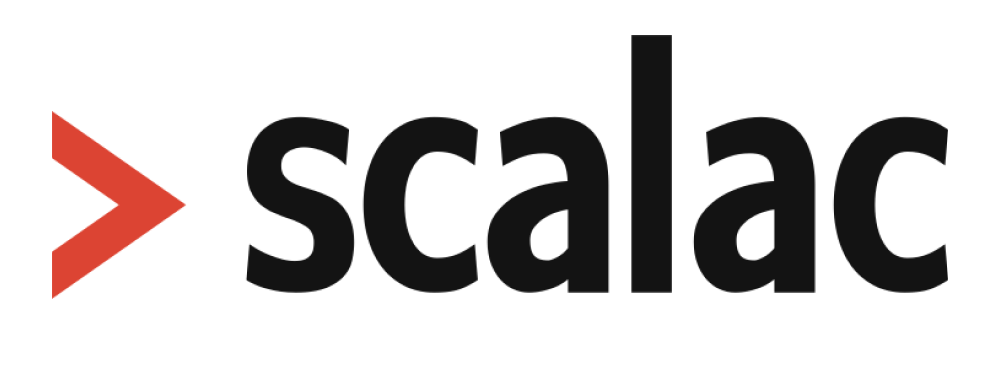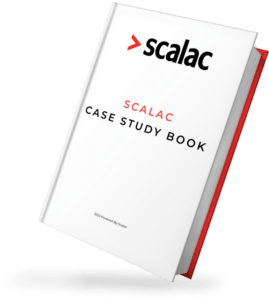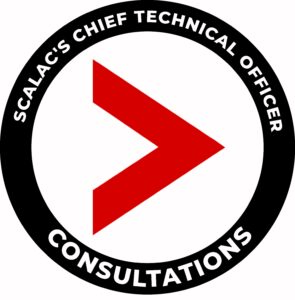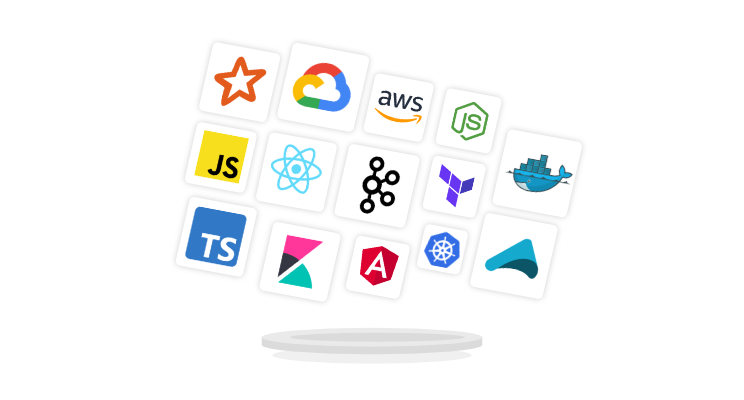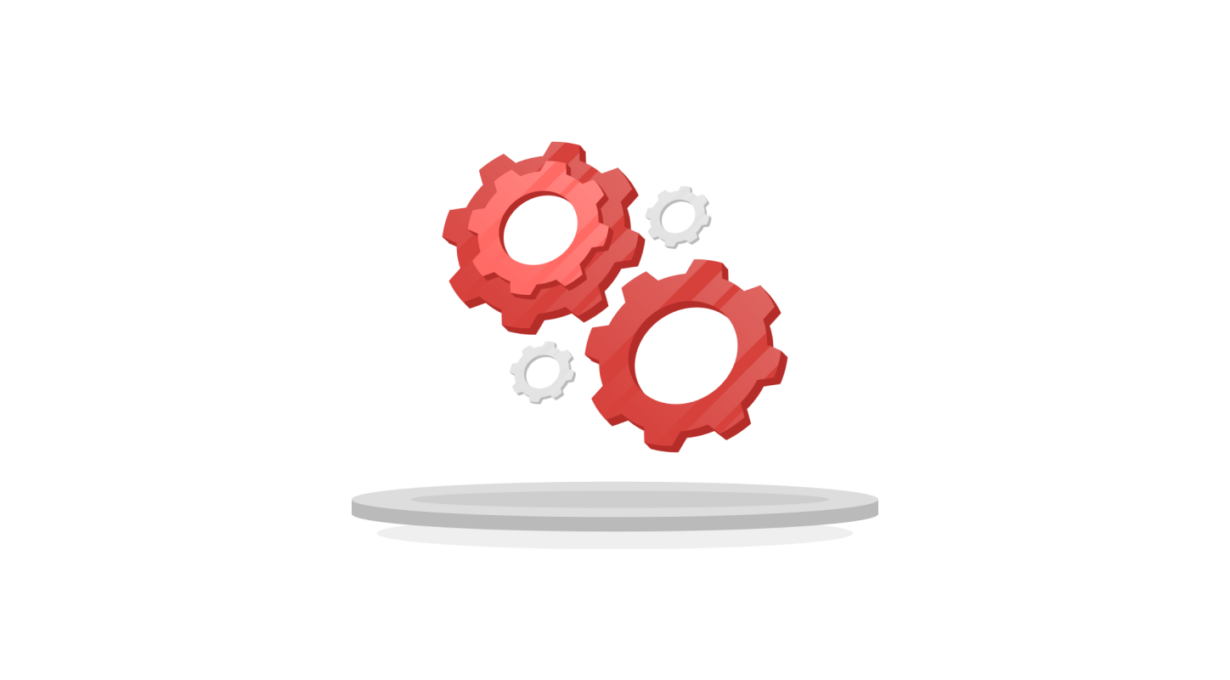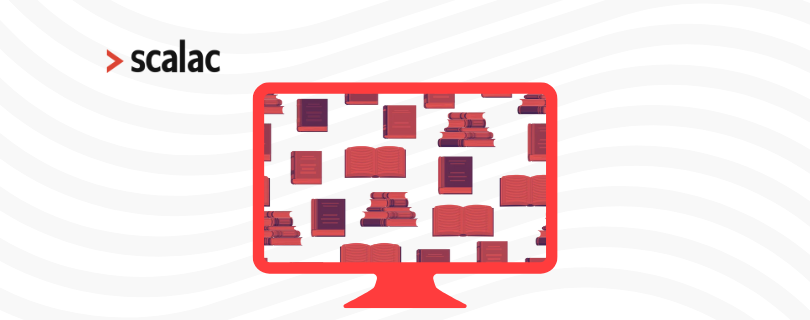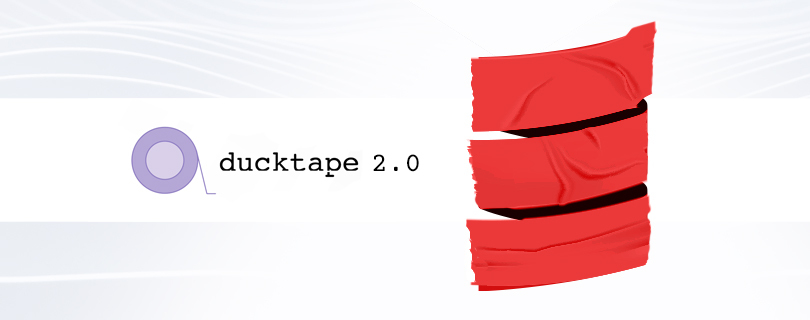
7 Tips for a Successful Development Career in Fintech

Fintech is one of the world’s most exciting and fastest-growing industries. The fintech industry is worth approximately $180 billion (Deloitte). The fast-growing space is projected to reach $174 billion in 2023. And is predicted to reach $188 billion by 2024. It offers a unique set of career opportunities for future fintech developers.
If you’re thinking about beginning a career in fintech, or you’re already working in a fintech company and want to maximize your prospects, you’re in luck. This article will give you seven practical tips that will enable you to thrive as a fintech developer.
1. Develop a Diverse Set of Skills
Expertise in your primary programming language is your main asset. But it’s important to remember that fintech is a broad discipline that requires skills in several areas.
For a fintech developer, having a diverse set of disciplines at your disposal will immediately set you apart from other developers. However, keep in mind that you only need basic knowledge in these fields. You don’t need professional knowledge.
Learn about the following topics to supplement your programming and full-stack development expertise:
- Data Science: Data management is at the heart of fintech. Typically, fintech companies will hire dedicated data scientists. But knowing how to navigate large datasets and databases will allow you to optimize software.
- Cyber Security: Fintech companies must follow best practices while working with sensitive data rigorously, and these requirements can spill over into development.
- DevOps: An understanding of IT systems (CI/CD techniques, automation, software maintenance, etc.) is valuable, especially if you are working at a small startup.
- Artificial Intelligence: AI is still at an early stage but will almost certainly change the industry significantly in the future. A willingness to learn more about AI, along with some basic knowledge of current AI systems, is a big plus.
- Finance: A grasp of core financial concepts will be helpful during software development. This should include a solid understanding of math and statistics.
2. Understand the Different Roles in a Fintech Team
A typical fintech team comprises numerous people, each with a different field of expertise.

Generally speaking, you will work with the following people:
- Entrepreneur/founder
- Compliance and regulation officer
- Analytics specialist
- Data scientist
- IT and security expert
- Sales and marketing professional
In larger companies, entire departments are often dedicated to the various tasks associated with the disciplines named above. In any case, understanding the different roles that make up a fintech team will help you collaborate more effectively.
3. Account for Unforeseen Barriers
It’s essential to understand that fintech is the business of working with real financial data. As such, you will encounter corporate procedures that slow the development process.
In the vast majority of cases, these “barriers” are necessary. They exist to ensure the security of sensitive transactional and personal financial data.
By accommodating these regulations, you will prevent unauthorized parties from accessing data and avoid any breaches, negative publicity and penalties that may result.
4. Recognize the Importance of Soft Skills
There is no doubt that technical expertise is important. But this isn’t an excuse to neglect soft skills training.
You will be part of lots of meetings, collaborative projects, brainstorming sessions and more.
Good communication between the development team and other departments is essential for the success of projects and the avoidance of unnecessary friction.
5. Familiarize Yourself With Complex Industry Regulations
The finance industry is one of the most highly regulated in the world. As a fintech developer, it’s important to have a basic grasp of current legislation and governance.
You don’t need a complete understanding of every single rule. But a working knowledge will serve you well.
There are numerous resources available to help you with this. In particular, large legal companies often publish summaries of complex information that are worth consulting.
6. Build Connections With Fintech Influencers and Peers
Your reputation will be a key contributor to your long-term success in fintech. You should start building your network as soon as possible, even before you enter a paid job.
Make sure your social profiles, especially your LinkedIn account, are up-to-date. Consider posting original content and joining existing conversations. And be sure to add your colleagues on LinkedIn as you form relationships with them.
Publishing your latest projects and experience on your online portfolio and on GitHub will also ensure that you’re attractive to potential employers.
7. Commit to Ongoing Learning
The fintech industry is still young. But all the signs point to the fact that it’s here to stay.
This means that there will be a degree of stability but also consistent innovation of technologies, best practices, and techniques.
By making time for ongoing training, you will ensure that you remain highly employable in spite of any changes and shifts in the industry.
